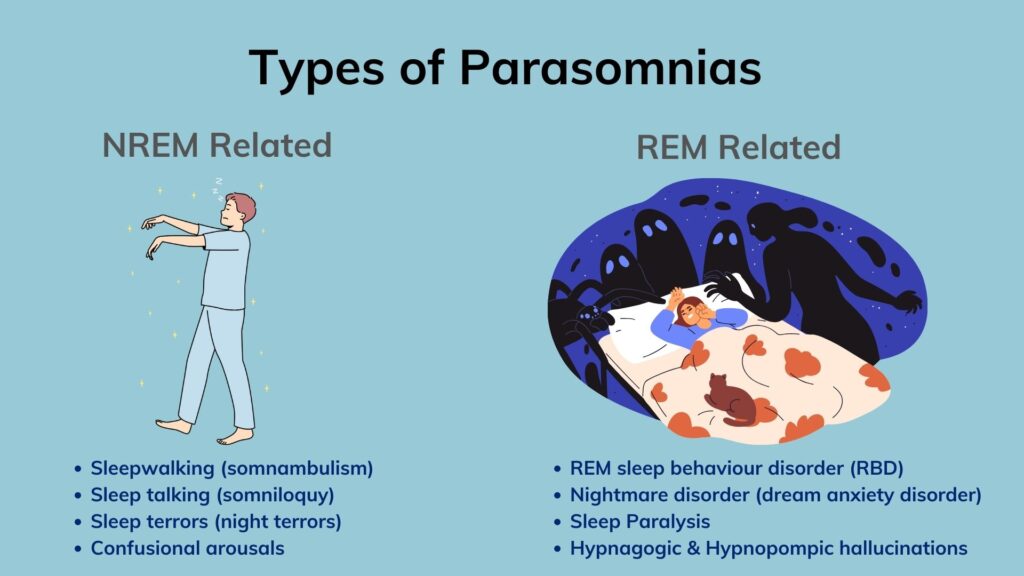Hoarding disorder is a mental health condition characterized by the persistent difficulty discarding possessions, regardless of their value. People with hoarding disorder accumulate excessive amounts of items, which can clutter their living spaces and significantly impact their daily lives.
Symptoms of Hoarding Disorder:
- Persistent Difficulty Discarding Possessions: Difficulty letting go of items, even if they have little or no value.
- Accumulation of Clutter: Excessive accumulation of possessions that clutter living spaces.
- Distress or Impairment: Significant distress or impairment in social, occupational, or other important areas of functioning due to hoarding.
- Decision-Making Difficulties: Difficulty making decisions about what to keep or discard.
- Avoidance of Tasks: Avoidance of tasks that involve organizing or cleaning due to fear or anxiety.
Causes of Hoarding Disorder:
The exact causes of hoarding disorder are not fully understood. However, a combination of genetic, psychological, and environmental factors may contribute to its development. Some potential causes include:
- Genetic Factors: A family history of hoarding disorder or other mental health conditions may increase the risk.
- Neurobiological Factors: Brain abnormalities may play a role in the development of hoarding disorder.
- Psychological Factors: Difficulty with decision-making, perfectionism, and avoidance behaviors may contribute to hoarding.
- Environmental Factors: Adverse childhood experiences, such as trauma or neglect, may increase the risk.
Treatment of Hoarding Disorder:
Treatment for hoarding disorder often involves a combination of therapy and medication.
- Cognitive-Behavioral Therapy (CBT): CBT can help individuals identify and challenge negative thoughts and behaviors related to hoarding.
- Medication: Antidepressants and anti-anxiety medications may be used to address underlying mental health conditions.
- Environmental Interventions: Professional organizers or cleaning services can help individuals declutter their homes.
With appropriate treatment and support, many individuals with hoarding disorder can make significant progress in reducing clutter and improving their quality of life.



